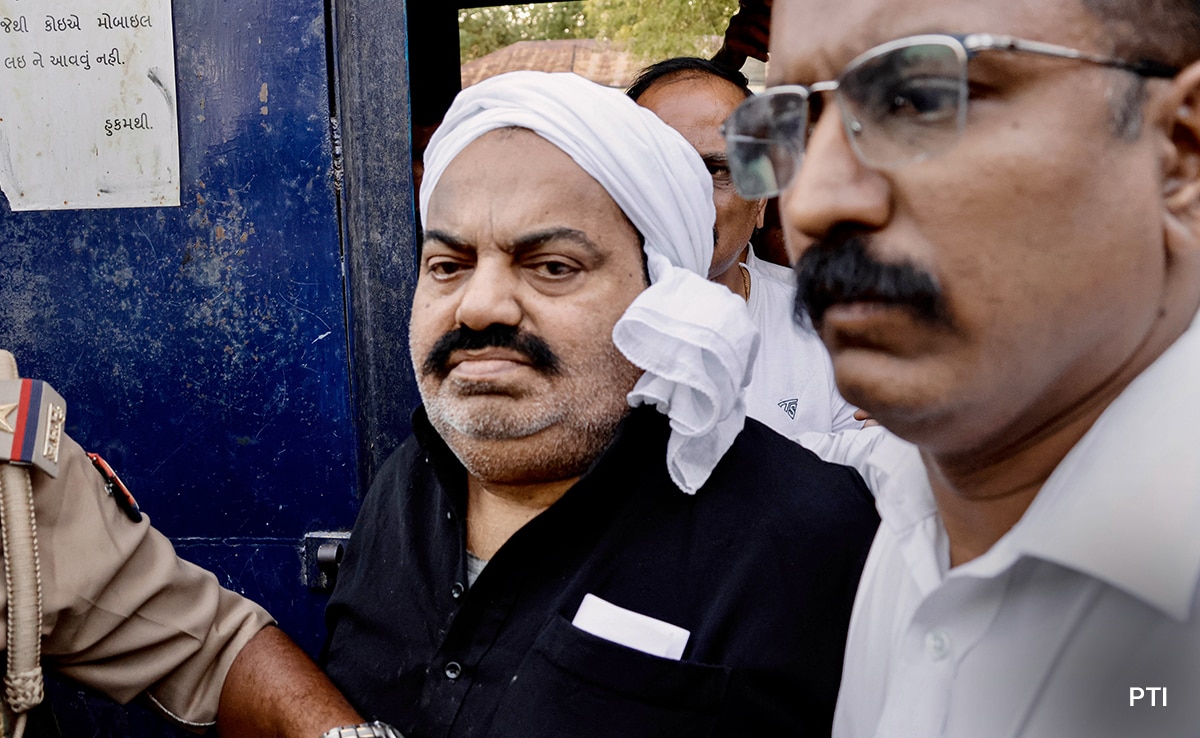‘What I’m surprised about is that this isn’t happening to dozens more,’ says crisis communicator and political consultant
Article content
The past week was a tough one for Canadians running to win a seat in Parliament.
Article content
Article content
Over the course of four days, two Liberals and five Conservatives were either turfed by their parties or resigned over various indiscretions. The NDP didn’t lose a candidate but parted ways with an online influencer thanks to her comments about the Holocaust.
And in the three months before that, another five Liberal nominees were dumped following revelations that ranged from a drunk-driving conviction to a domestic-violence charge (later dropped).
Advertisement 2
Article content
The extent of the candidate culling in this federal election seems extraordinary, but it underscores a new political reality: few campaigns unfold these days without some past blunder tripping up a prospective legislator.
Recommended from Editorial
At the same time, though, parties have introduced what one academic paper called “lengthy, invasive … and secretive” vetting processes. Which raises the question: why does all that screening so often miss disqualifying howlers? It’s actually quite understandable, maintains Allan Bonner, a crisis communications and political consultant. The nomination committees doing such assessments have a daunting task in an age when the internet and other technologies preserve for posterity much of our lives, he says.
“What I’m surprised about is that this isn’t happening to dozens more,” said Bonner. “You take a cross-section of Canadians … you would find all kinds of people, including me, who have done things that if they appeared on the front page of your newspaper, they would disqualify you from something.”
Article content
Advertisement 3
Article content

“You have 450 (potential) candidates to vet and you have a few weeks to do it. It’s almost impossible, and this stuff comes out.”
Parties told the National Post Sunday that they do carefully screen prospective candidates.
“We have a rigorous vetting process in place for anyone that wishes to run for the NDP that includes thorough background checks,” said New Democrat spokeswoman Anne McGrath.
None, however, would say exactly what their system entails.
“Obviously, we don’t really discuss the specifics of our vetting process,” said an official with one party. “No parties really get into that. How the sausage is made is not something we discuss.”
Said another party official: “We do not usually comment on our nomination process.”
A few of those secrets have emerged over the years, though. Academics Alex Marland and Brooks Decillia, for instance, obtained 13 screening questionnaires from Conservative, Green, Liberal and NDP parties — one as long as 43 pages — and in a 2020 journal paper revealed some of what happens behind closed, vetting-room doors.
Stringent screening has become an imperative, they say, because of how easily rivals can track down damaging information online, the focus on individual politicians’ profiles and media who prize “salacious news that can be reported with minimal effort.”
Advertisement 4
Article content
Parties used to just interview the nomination contenders, verify resumes and conduct credit and criminal checks, the article notes. With the advent of the internet, screeners would give cursory scans of blog posts and personal websites.
This stuff comes out
Bonner said he was once asked to be a candidate without any vetting at all.
But the process today is something else entirely, as parties poke into everything from sexual behaviour to child-support payments, wrote Marland and Decillia.
“Scrutinizing someone’s personal life is unpleasant for everyone involved, which complicates disclosure of deeply private information,” said the paper.
Parties sometimes ask for current and past email addresses so they can scrub the internet for mentions of messages the potential candidate sent. They may be asked to surrender passwords for social-media sites or to “friend” a party official to allow them to “search for transgressions.”
Some questionnaires ask about the person’s activity on dating sites like Tinder or even Ashley Madison, the site for extramarital affairs, and whether any naked photos of the person appear online.
Advertisement 5
Article content

Parties will request consent letters allowing them to access personal information from government institutions, like taxes owing, citizenship status and military service, or even whether an applicant’s name is on a child-abuse registry, the paper says.
“The party asks a battery of invasive questions in order to protect the party’s reputation,” write the political scientists. “The questionnaires are a rude awakening about the ferocity of the political arena for many novices.”
With that kind of scrutiny, then, how is it that controversial candidates still slip through the cracks?
The paper suggests that the questionnaires fail when applicants forget about an “emotional outburst” online, don’t perceive past behaviour as problematic or simply “lie or feign ignorance.”
Bonner points to a more fundamental problem: the workload involved in screening hundreds of possible candidates, and the fact that the task is done by unpaid party members, in makeshift quarters under tight deadlines.
“In politics, remember who’s doing this work — it’s a volunteer army,” he said. “And they’re working out of a failed pizza parlour for 56 days.”
Advertisement 6
Article content
The candidates started to fall last Tuesday, as Toronto-area Liberal Paul Chiang stepped down after it was revealed he encouraged, jokingly or not, turning in a Conservative candidate to Chinese authorities to obtain a bounty from Hong Kong police. (Though Liberal Leader Mark Carney had defended him.) The party ejected Edmonton-area candidate Rod Loyola later in the week after the National Post revealed that he had praised Hamas and Hezbollah at an anti-NATO rally.
The Conservative candidate casualties include Simon Payette, removed from his Quebec riding Friday for disparaging remarks about a survivor of the École Polytechnique massacre who’s running for the Liberals. The Windsor, Ont., candidate Mark McKenzie was pushed overboard amid news he joked in a 2022 podcast about giving the death penalty to then-prime minister Justin Trudeau. Toronto-area’s Dan Patel was let go after it emerged that he had endorsed a social-media post advocating the deportation of unnamed “nonsense” people to India. Stefan Marquis was dumped in the Montreal riding of Laurier-Sainte-Marie, saying only that the party cited recent posts he made on the X site. Lourence Singh was removed from his B.C. constituency but didn’t say why.
Advertisement 7
Article content
And earlier, five other Liberal candidates were turfed or quit. David Screech was pulled from his B.C. riding in January over what he called “complete nonsense” stalking and harassment allegations. Thomas Keeper was removed as Liberal standard-bearer in a Calgary riding after failing to disclose a 20-year-old domestic-violence charge that was stayed weeks after being laid. MP Chandra Arya had his nomination revoked because of information obtained by the party’s vetting committee, freeing up the Nepean seat for new leader Mark Carney. Umair Ahad was replaced in late March in an Alberta riding by Sean Secord for unspecified reasons. Luc Galvani stepped down as a candidate in Quebec after disclosing he had plead guilty to impaired driving in 2019.
National Post
Our website is the place for the latest breaking news, exclusive scoops, longreads and provocative commentary. Please bookmark nationalpost.com and sign up for our daily newsletter, Posted, here.
Article content









